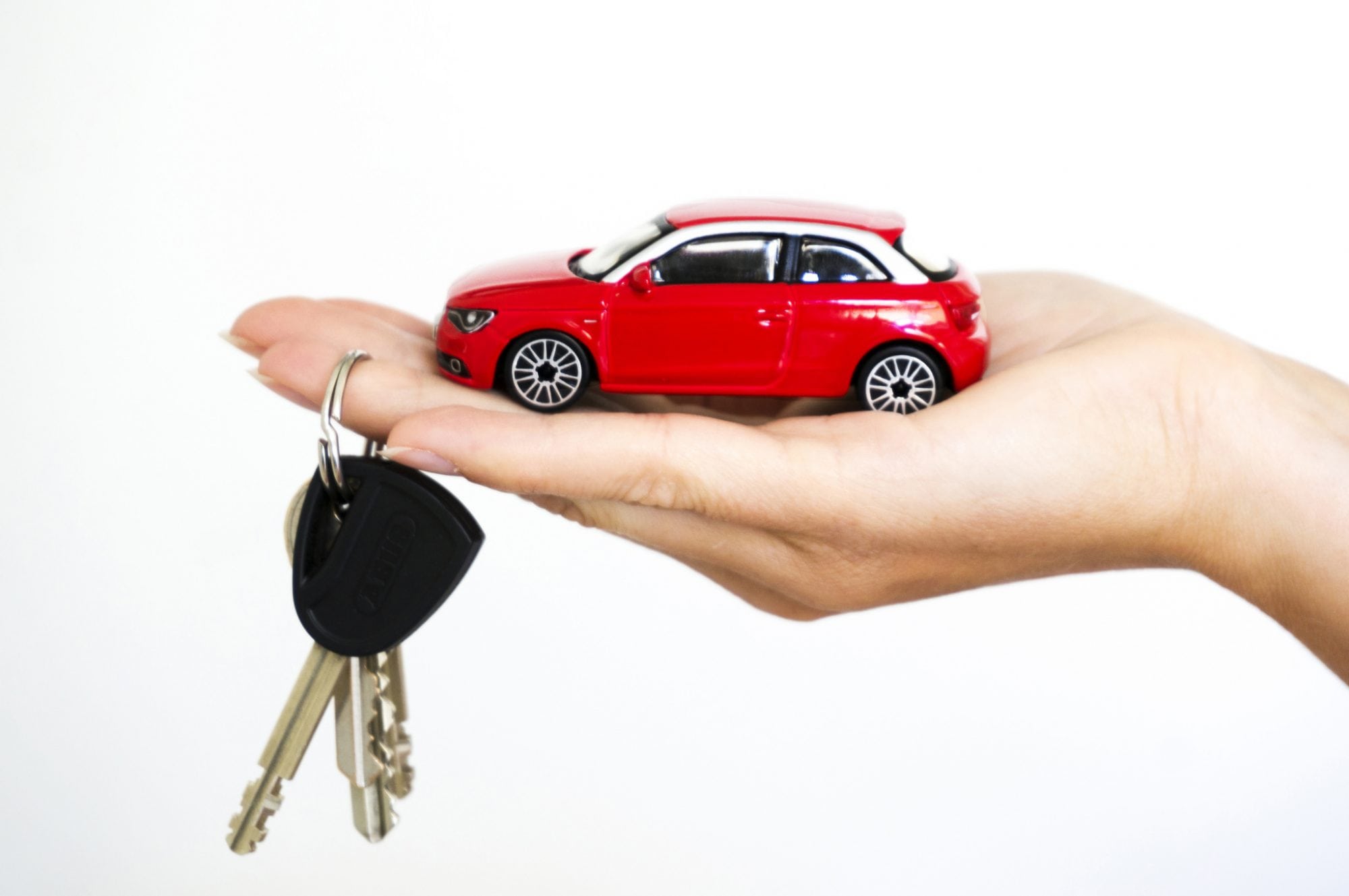Lower monthly payments, ease of disposition and the fact the vehicle will always be under warranty are highly favorable aspects of leasing a car. On the other hand, the fact you’ll never own it outright and you’ll have to be careful about the number of miles you drive make buying a car more beneficial. With pros and cons on both sides, it’s useful to ask — should you lease or buy a car for your business?
Let’s take a closer look.
Buying – You’ll eventually own the car outright and can stop making monthly payments. Mileage doesn’t matter, as the only limit about which you need to be concerned is the one you impose upon yourself. This can be highly advantageous if your business requires lots of driving over long distances. When you do decide to get another vehicle, you can sell the car you own outright and use the proceeds as a down payment on your next car.
With leasing, you’ll walk away with nothing but a memory — unless you decide to keep the leased vehicle, in which case you can negotiate a purchase. However, this is usually a more expensive way to buy a car. It’s better to just buy outright if you think you’re going to want to hold on to the car.
Leasing – Initial costs are lower, as the down payment is generally less than that required when you purchase a car. However, mileage concerns are more significant. Most lease contracts mandate a cap of either 10,000 or 12,000 miles annually. This could be a significant issue if your business requires a lot of driving.
Unless you plan to run an internet search to “lease a car near me” and replace it every three years, your purchased car will be out of warranty eventually and you’ll be shouldering repair bills. New car lease contracts typically coincide with the duration of the warranty. And finally, you’ll return the car at the end of the lease term, owing nothing and can then begin the process again with another vehicle.
Tax Considerations – A portion of the monthly payment equivalent to a percentage of the time you use the car for business is deductible with a lease. In other words, the entire payment is considered an expense if you use the car 100 percent for business. Meanwhile, you can only deduct the interest you pay on the loan if you buy the car.
Operating expenses can be deducted for both, based on the standard mileage rate or actual expenses. You’ll be allowed a certain monetary amount per mile (check the current tax code for the exact figure) with the mileage rate. You can also claim business-related parking fees and tolls.
You’ll be allowed to claim the business percentage of your gasoline, oil, insurance, garage rent, parking & registration fees, lease fees, repairs, tires, loan interest and other associated costs if you go the actual expense route.
If you buy a car, you can choose standard mileage the first year, then switch to actual expenses if that looks more favorable from then on. With a leased car you’ll have to stay with the standard mileage rate if you choose it the first year.
One more thing: You could be taxed upon the proceeds should you ever sell the car you buy. When you walk away from a leased car — you’ll only pay the fees to which you agreed when you signed the lease.
So, Which Strategy Is Better?
The answer to that question depends upon the nature of your use of the vehicle, as well as your ultimate financial goals. Maybe you need the prestige factor a luxury car confers when you transport clients. Leasing can be a real benefit here — if you’ll drive less than 10,000 miles annually (unless you get an open-end lease.)
On the other hand, buying will work out to be less costly in the long run, if you keep the car for several years and drive it for a while without monthly payments.
Ultimately, though, when deciding if you should buy or lease a car for your business, make the choice based on your cash flow, your annual mileage and related financial issues specific to your endeavors.







